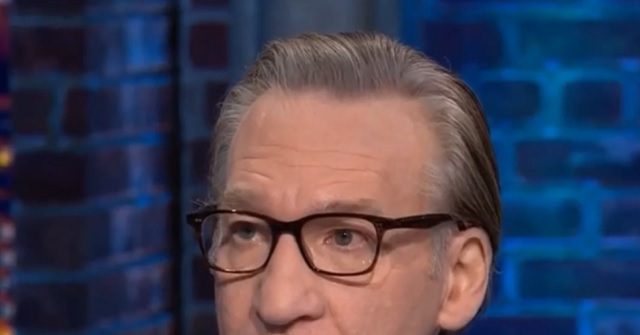On HBO’s “Real Time” hosted by Bill Maher, a critical perspective on American newsrooms and entertainment platforms was presented. Maher expressed concerns about ideological homogeneity in these environments, suggesting that they foster an atmosphere where dissenting opinions are unwelcome. He specifically highlighted the case of Vice President Kamala Harris’s appearance on “Saturday Night Live,” inferring that the show’s cast members likely shared a consensus on supporting her. Maher questioned whether a cast member who held a contrary viewpoint, such as support for Donald Trump, would feel safe expressing that opinion. This, he argued, reflects a broader issue within left-leaning spaces where diverse viewpoints are not only discouraged but perhaps even suppressed.
The discussion touched on the implications of this homogeneity in creative and media outlets, which Maher believes could lead to a lack of genuine dialogue and representation of varied perspectives. He pointed out that the problematic trend is not limited to “Saturday Night Live,” but is symptomatic of larger, systemic issues within American media. Drawing on examples from other platforms, Maher stated that concerns raised by individuals who left organizations like NPR highlighted similar instances of uniformity, with reports indicating that a vast majority of employees shared comparable ideological beliefs. This tendency to align with a singular worldview could contribute to the creation of echo chambers, limiting the space for alternative viewpoints.
Maher also referenced the state of Twitter before Elon Musk’s takeover, indicating that it was heavily skewed toward Democratic perspectives, further illustrating his point about the lack of ideological diversity. He raised concerns about how this lack of variety can impact public discourse and the effectiveness of journalism. In environments where dissent is unwelcome, there is a risk that important stories may go untold, while critical debates may not reach the broader audience. Maher emphasized the importance of having diverse voices in newsrooms, suggesting that a single narrative lacks the depth necessary for a fully informed public.
Additionally, Maher argued that the tendency to enforce ideological conformity risks alienating individuals who may feel unwelcome in spaces dominated by a singular perspective. This may not only affect workplace dynamics but also limits the potential for broader public engagement. By failing to encourage healthy debate and discussion, these venues may inadvertently create a culture of silence where alternative opinions are squashed. Maher posited that such an environment can stifle creativity and innovation, both in journalism and entertainment, as individuals may become reluctant to share their true thoughts for fear of backlash.
Moreover, the implications extend beyond the immediate effects on media and entertainment to how society at large absorbs information. Maher’s comments raise important questions about the role of media in shaping public opinion and the responsibility of journalists to represent a wide array of perspectives. The absence of varied viewpoints can create a distorted understanding of reality, as audiences are fed a narrow narrative that may not adequately represent the complexities of various issues. By advocating for a more inclusive approach within newsrooms and creative spaces, Maher called for a revival of robust debate, distinguishing between valid discourse and exclusionary practices.
In conclusion, Maher’s remarks serve as a clarion call for introspection within American newsrooms and cultural platforms regarding the atmosphere of ideological conformity. He highlights that engaging with a multiplicity of perspectives is crucial for both the integrity of journalism and the cultivation of a vibrant public discourse. The need to foster environments where diverse thoughts can flourish is essential, as it encourages critical thinking and enriches the collective understanding of the world. By embracing a more pluralistic approach, media and entertainment can move towards creating more meaningful narratives that reflect the true landscape of opinions in society.

